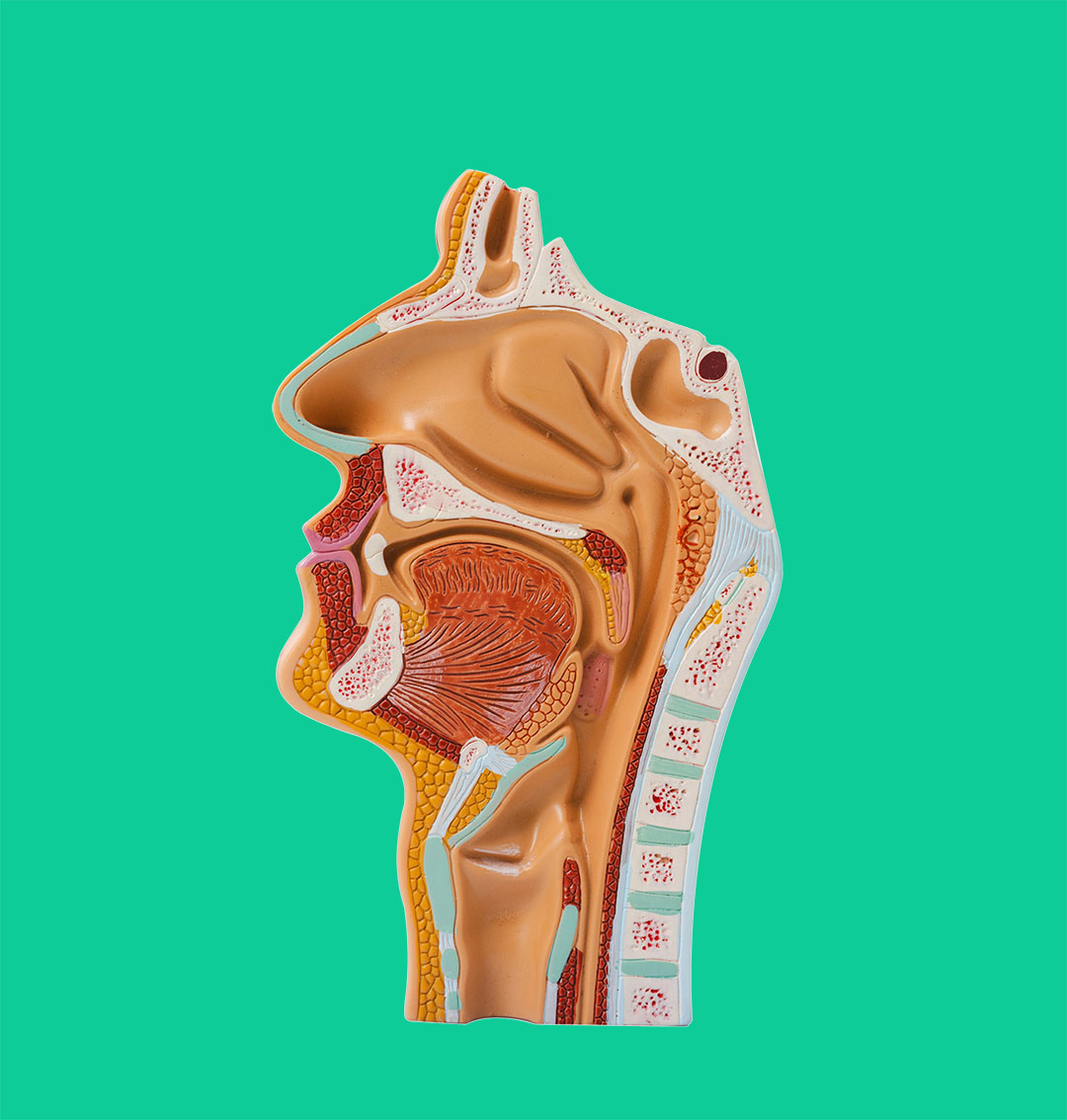Swallowing

Dysphagia or swallowing difficulties affects a significant number of the population aged 60 years of age and over. This can have an enormous impact on an individual’s health and wellbeing including:
01
Aspiration Pneumonia
02
Chest Infections
03
Malnutrition
04
Dehydration
05
Prolonged Hospitalisation
06
Impaired Living
The Speech Pathologists at Care2Communicate provide swallowing assessments and recommendations/management plans to both the residents and staff at aged-care facilities, to ensure that foods and fluids are modified appropriately to maintain safe feeding.
Recurring chest infections or aspiration pneumonia
Frequent lung infections that may lead to hospitalisation can be linked to food or fluids entering the airway.
Food or fluids getting stuck
A sensation of food or drink being stuck in the throat or mouth during meals.
Taking a long time to eat
Extended mealtimes or fatigue during meals may point to difficulty chewing or swallowing.
Spillage from the mouth
Unintentional loss of saliva, food, or fluids from the lips while eating or drinking.
Dry mouth
Persistent dryness can make chewing and swallowing difficult and uncomfortable.
Avoiding certain foods
Steering clear of foods that are hard to chew, dry, or require extra effort to swallow.
Nasal regurgitation
Food or fluids coming up and out through the nose, especially during swallowing.
Neurological conditions
Conditions like Parkinson’s disease or other neurodegenerative disorders that may affect safe swallowing.
Post-surgery changes
Difficulty swallowing after surgeries involving the head, neck, or throat.
Care2Communicate’s Speech Pathologists are dedicated in utilising their skills to provide assessment and intervention for swallowing disorders. Our therapists ensure that the specific recommendations and mealtime management plans are tailored to the client, their level of independence and cognitive status. To ensure the swallowing safety for our clients our therapists also spend time providing expert advice and training to nursing staff, carers and family members to facilitate optimal dysphagia management and safe feeding practices.

A significant percentage of elderly Australian residing in aged care facilities are living with a communication disorder.
Stroke, dementia, neurodegenerative diseases and Parkinson’s Disease make up some of the conditions that have a significant impact on an individual’s ability to communicate effectively to maintain quality of lifeUp to 96% of elderly Australians living in RACF’s have a communication disorder. Effective communication is fundamental for everyday living and essential for one’s quality of life.
Care2Communicate’s Speech Pathologists conduct communication assessments and provide intervention and strategies targeting the specific needs of the clients. Sessions can be conducted as individual sessions or within a group (i.e Aphasia groups or social communication groups).
At Care2Communicate we value to the importance of education surrounding the management of swallowing and communication.
Areas that can be covered in these education sessions include, but are not limited to:
- A speech pathologists’ role
- Dysphagia and how it can be managed
- IDDSI (International Dysphagia Diet Standardisation Initiative Framework): Texture modification of food and thickening fluids (preparation)
- Communication Disorders
- Strategies for successful communication
- Communication-partner training
- How to achieve successful communication

In-Person Across Sydney
Whether in your home, school, aged care facility or supported workplace we will come to you.
Telehealth Across Australia
Speech Pathology has never been so accessible! Care 2 Communicate can provide online sessions Australia wide.
In-Person Across Sydney
Whether in your home, school, aged care facility or supported workplace we will come to you.
Telehealth Across Australia
Speech Pathology has never been so accessible! Care 2 Communicate can provide online sessions Australia wide.
When to reach out
If you have any concerns about any areas of you or a loved one's issues listed above, please contact Care2Communicate. We are always happy to discuss and provide advice for any questions or worries you may have.





